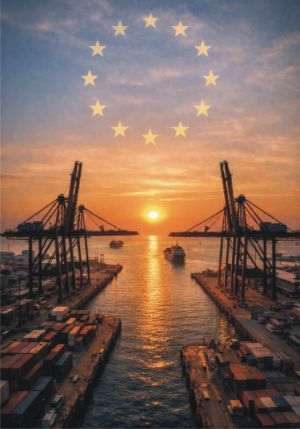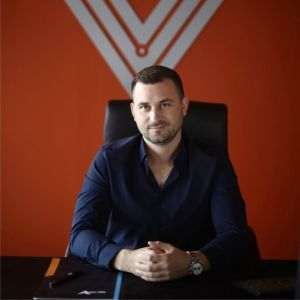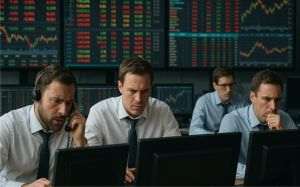Reporter: What is your opinion on the evolution of the BSE under the current management?
Siminel Andrei: The management of a company should consist mostly of people with direct business experience, whereas the stock market and the Stock Exchange have mostly people who never ran a private business as decision makers. Therefore, the approach is very correct from a legal/institutional point of view, but with a very low business effectiveness.
The previous board of directors, which consisted mostly of a heavy business background, took the BSE public, slightly cut expenses, has physically consolidated the market entities, to ease communication, has created the ATS, has listed tens of international companies, has supported the development of derivatives, had the luck of listing the Proprietatea Fund and came into competition with the Sibiu Exchange, thus avoiding the "Sima event".
Reporter: What measures should the management of the BSE take to develop the stock market? How about brokers?
Siminel Andrei: It should attract a large number of individuals whose only investment are now bank deposits or real estate. Since the banking system is in trouble, stock investments are beginning to look like an alternative, which the BSE should capitalize on in 2013. Promoting investments in high-ranking international companies, could bring an increased rate of confidence and profitability.
Reporter: BSE officials have repeatedly said that they are waiting for the listings of the state. Do you feel confident that the listing schedule will be honored?
Siminel Andrei: The basic idea - a process of growing based on what the state is offering - is mistaken, because in this millennium, time doesn't wait. Moreover, I am not aware of any privatization program which has been adhered to in the past 20 years, and I think that is it not unusual for deviations to exist, given the complexity of the process.
Reporter: What is your opinion on the creation of the Market Financial Supervision Authority, an institution which will take over the capital, insurance and private pension markets from the CNVM, CSA and CSSPP?
Siminel Andrei: Given the number of people involved, I think that the decision making process may have some troubles in the first stage at least, but, with a talented management, this disagreement can be overcome through specialization /delegation of authority and pursuing processes, like it gets done in a company.
Reporter: How did the investments of NCH on the stock market perform? What new opportunities do you see this year?
Siminel Andrei: Investments have evolved in line with the market, since this is a diversified exposure.
Reporter: New Century Holdings, through the Broadhurst investment fund, holds 13.32% of the Cocor store. After the first nine months of 2012, Cocor has doubled its losses, compared to the similar period of 2011. How do you view the investment in Cocor, and what turnaround measures do you think would work?
Siminel Andrei: The management of Cocor is essentially provided by 2-3 of the shareholder. I think that it is time for them to accept the situation and to act accordingly...
Reporter: In the beginning of the year you said that before the crisis New Century Holdings sold properties worth 500 million Euros, money which went to the fund's investors from the USA. How did the real estate businesses of NCH go like after the crisis began?
Siminel Andrei: Just like the other real estate businesses in Romania, perhaps slightly better.
Reporter: How did the businesses of New Century Holdings go in 2012?
Siminel Andrei: The industrial area (UMEB, Electrotehnica, etc.), where we have approximately 2,000 employees, has performed extraordinarily well, especially under the current circumstances. Libra Internet Bank sees the third profitable year, without removing portfolios from the balance sheet, Vel Pitar/7 Spice are on "breakeven", due to the extraordinary growth of the black market, and the internet websites have seen their earnings increase by approximately 30%.
TradeVille is profitable, even though it remains the brokerage firm which has developed the largest number of products in all the post-crisis years, meaning it had high development costs.


























































